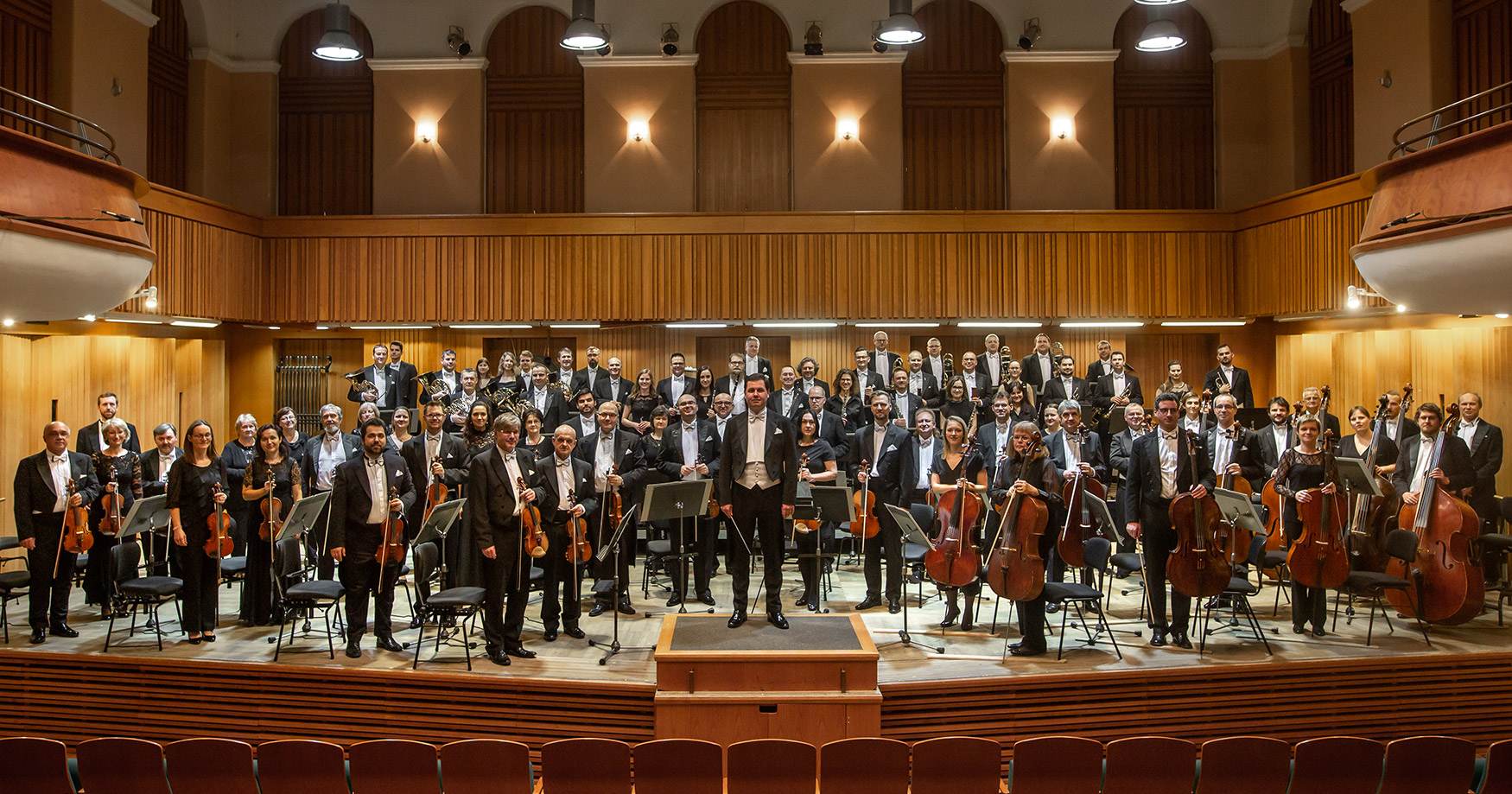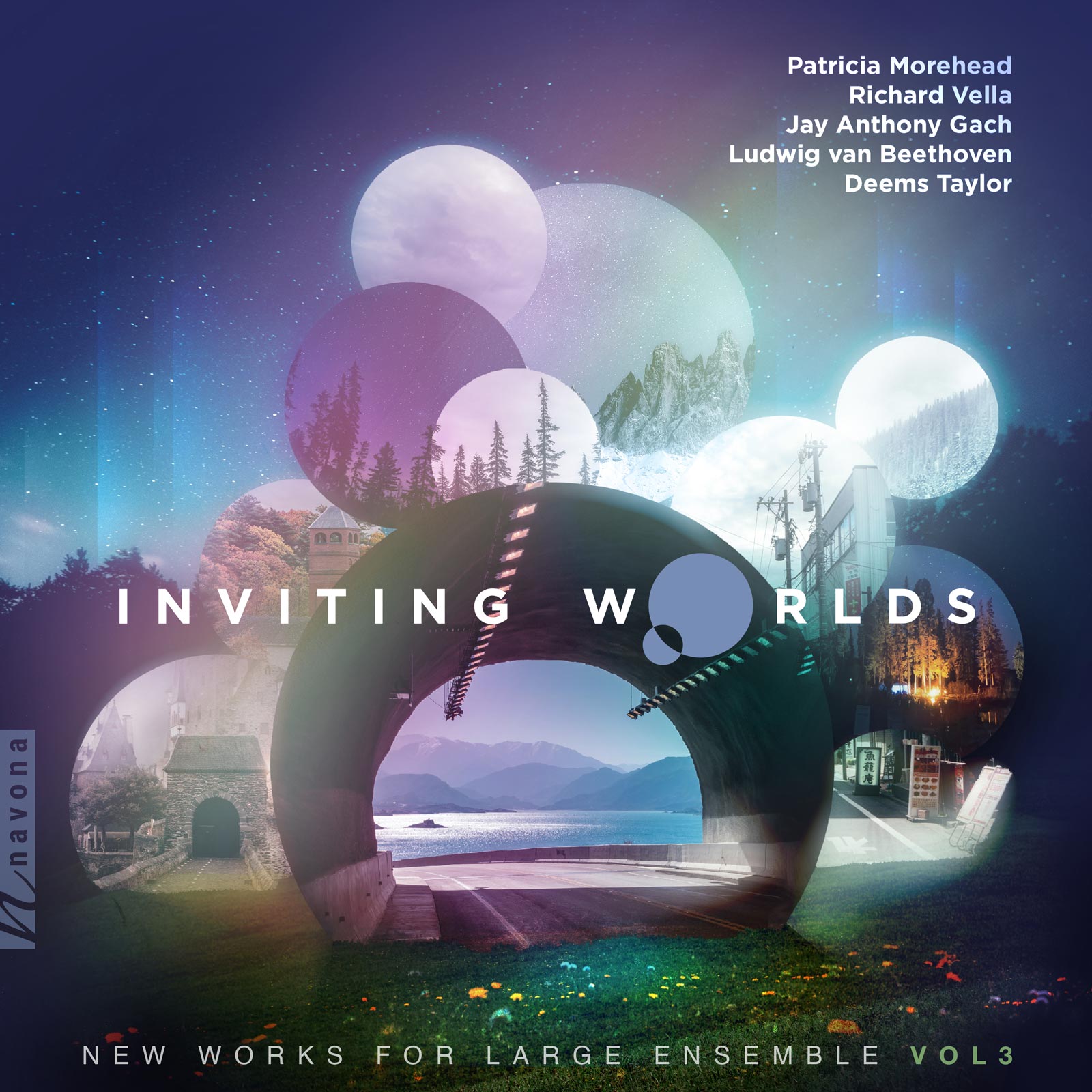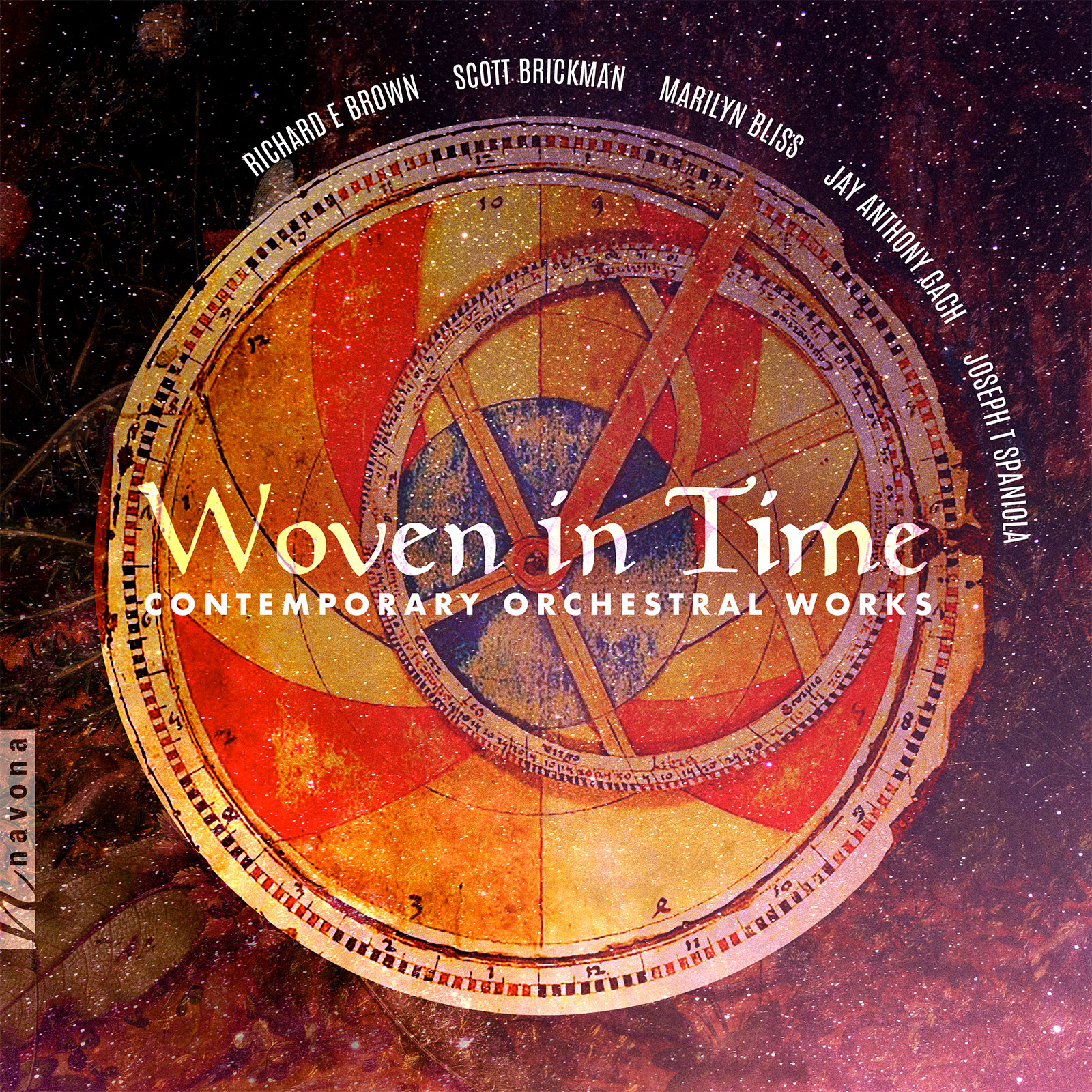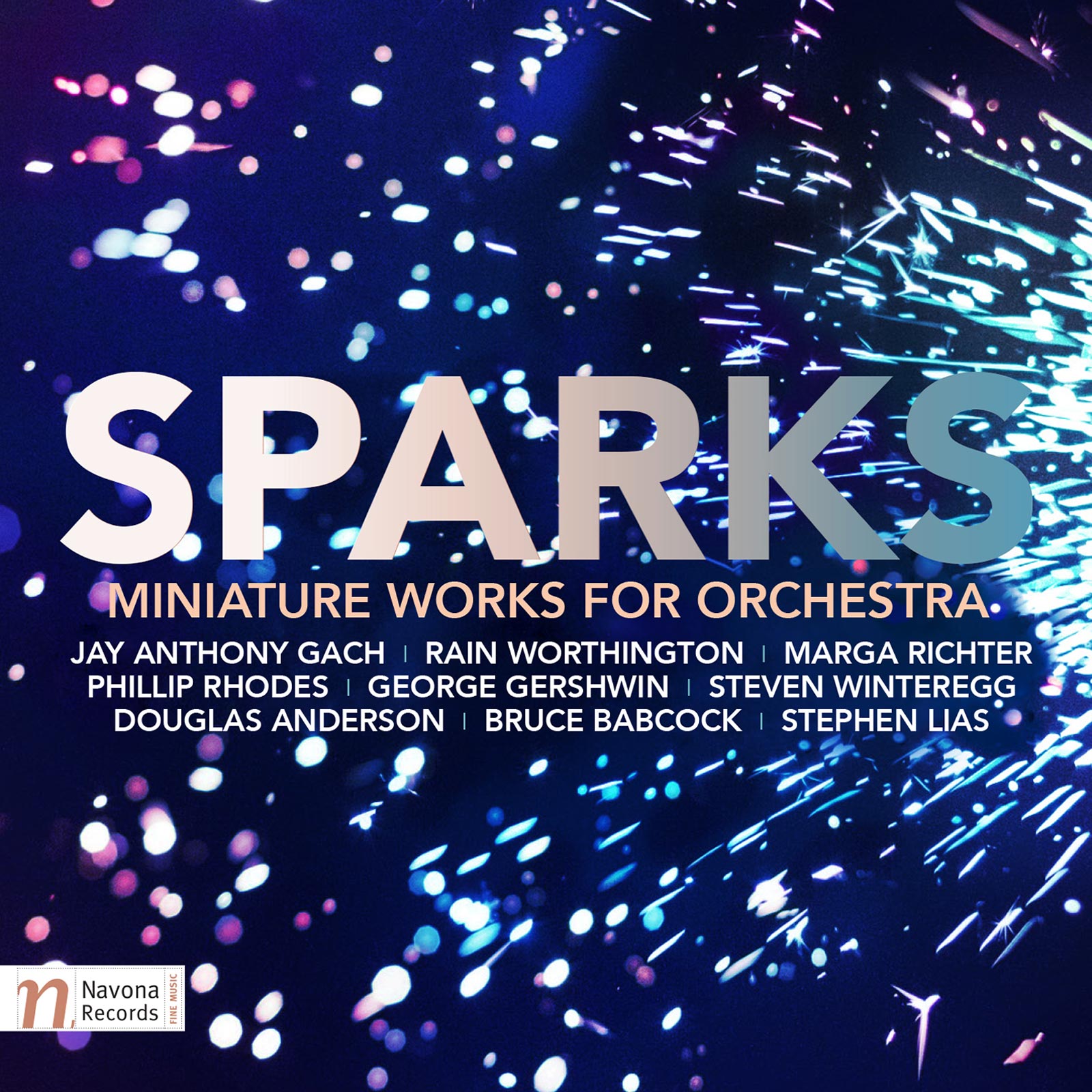
Jay Anthony Gach’s original concert music has been critically acclaimed as: “music [that] dances with charisma,” (Parterre Box), “a natural crowd pleaser,” (NY Newsday), “vibrant textural transformations,” (NY Times), “multi-layered, whirling and propulsive,” (Minneapolis Star), “witty, virtuosic and accessible,” (Clarinet & Saxophone Magazine, UK), “so exuberant [and] so full of character,” (SPNM New Notes, UK). Summarized by the composer Lukas Foss during his tenureship as conductor of the Brooklyn Philharmonic, “[Gach’s] writing for orchestra is brilliant beyond words.” The composer Hugo Weisgall wrote of him, “a composer…of extraordinary technical command and intellectual grasp of what music is all about.”
His music has been performed, recorded, and broadcast internationally by ensembles including the Moravian Philharmonic Orchestra, Siberian State Symphony Orchestra, Millennium Symphony Orchestra, St. Paul Chamber Orchestra, Brooklyn Philharmonic, American Composers Orchestra, National Italian Youth Orchestra, City of London Sinfonia, Haydn Chamber Orchestra of London, the Britten Sinfonia Soloists, Vox Juventus Poland, the Gregg Smith Singers, New York Treble Singers, and by solo artists including British pianist Ronan Magill, American clarinettist Richard Stoltzman, Canadian cellist Soo Bae, and Bulgarian pianist Elitza Harbova.
He has received commissions and awards in over 40 national and international competitions including the American Lyric Theatre Poe Opera Project, Fromm Music Foundation at Harvard University, Astral Foundation (Pew-Bandy) of New York and Philadelphia, Frederick P. Rose Prize,
Valentino Bucchi Concorsi Internazionale, Third British Contemporary Piano Music Competition, Delta Omicron Composition Prize, Dr. J. Howland Auchincloss Society for New Music Composition Prize, New York Foundation for the Arts, MacDowell Colony, Tanglewood Music Centre (Bruno Maderna Fellowship), and National Endowment for the Arts, et al. Between 1981 and 1999, he resided and worked in European capitals, returning to New York in 2000.
His foreign fellowships include the American Academy in Rome, Italy Music Composition Fellowship; the Dartington, England International Summer School Fellowship, and a Research Assistantship from State University of New York to Universitat Tubingen and the Hochschule für Musik Stuttgart, Germany. Gach has written and conducted many arrangements and original scores for the educational and commercial media, including: The Selfish Giant, a children’s musical; Legends from Bodmin Moor, a film; British Rail “Mind the Doors,” an advertisement campaign; and The Hurlers, an animation film. His biography has appeared in Marquis ‘Who’s Who in America’ since 2006. Gach currently serves as Secretary of the Long Island Composers Alliance.
Albums
Inviting Worlds Vol 3
Catalog Number: NV6482
Woven in Time
Catalog Number: NV6369
Sparks
Catalog Number: NV6050





